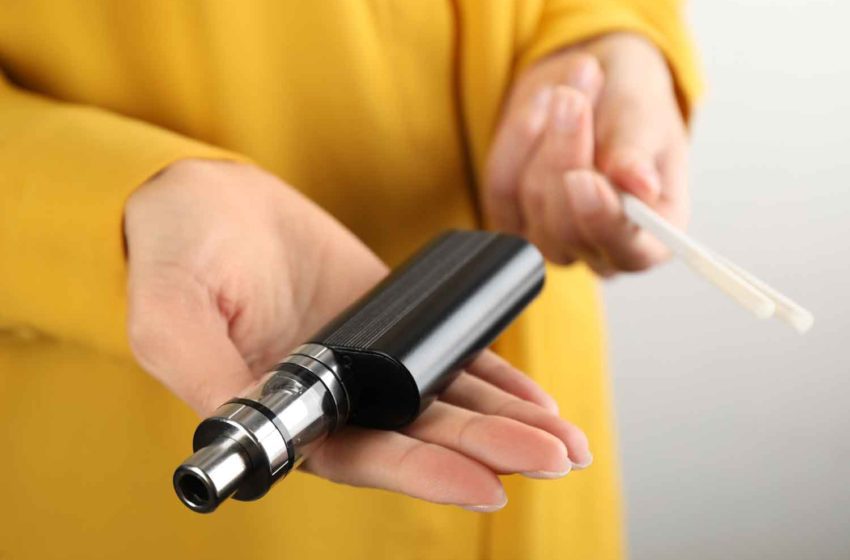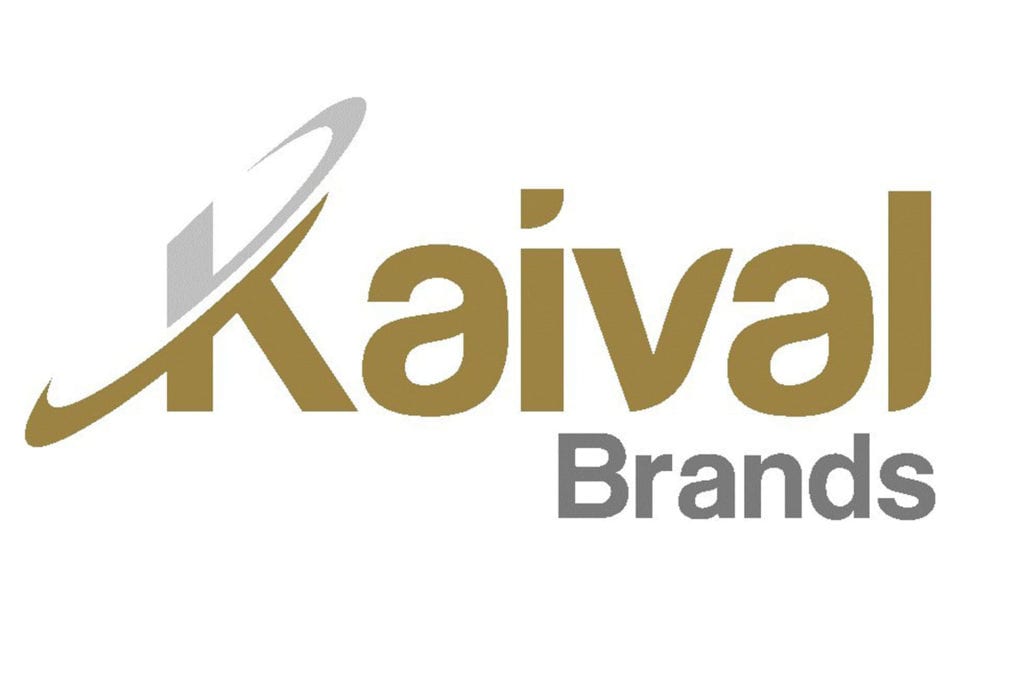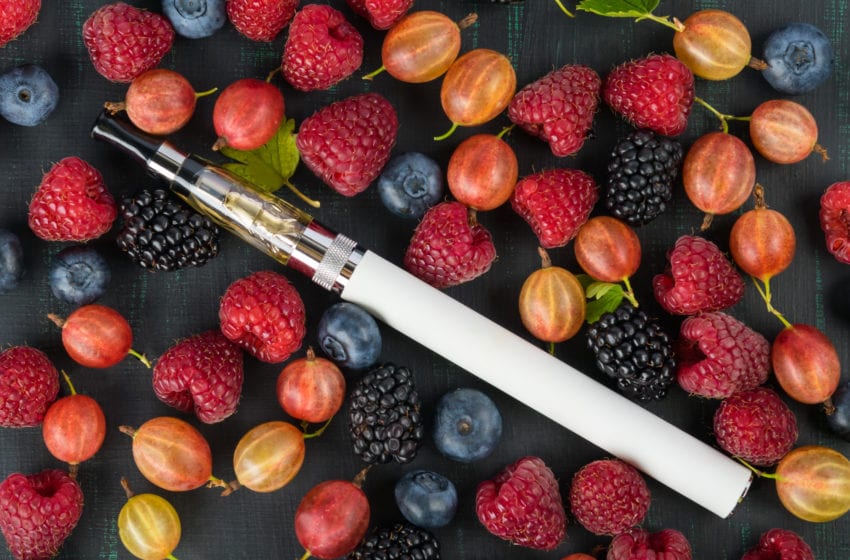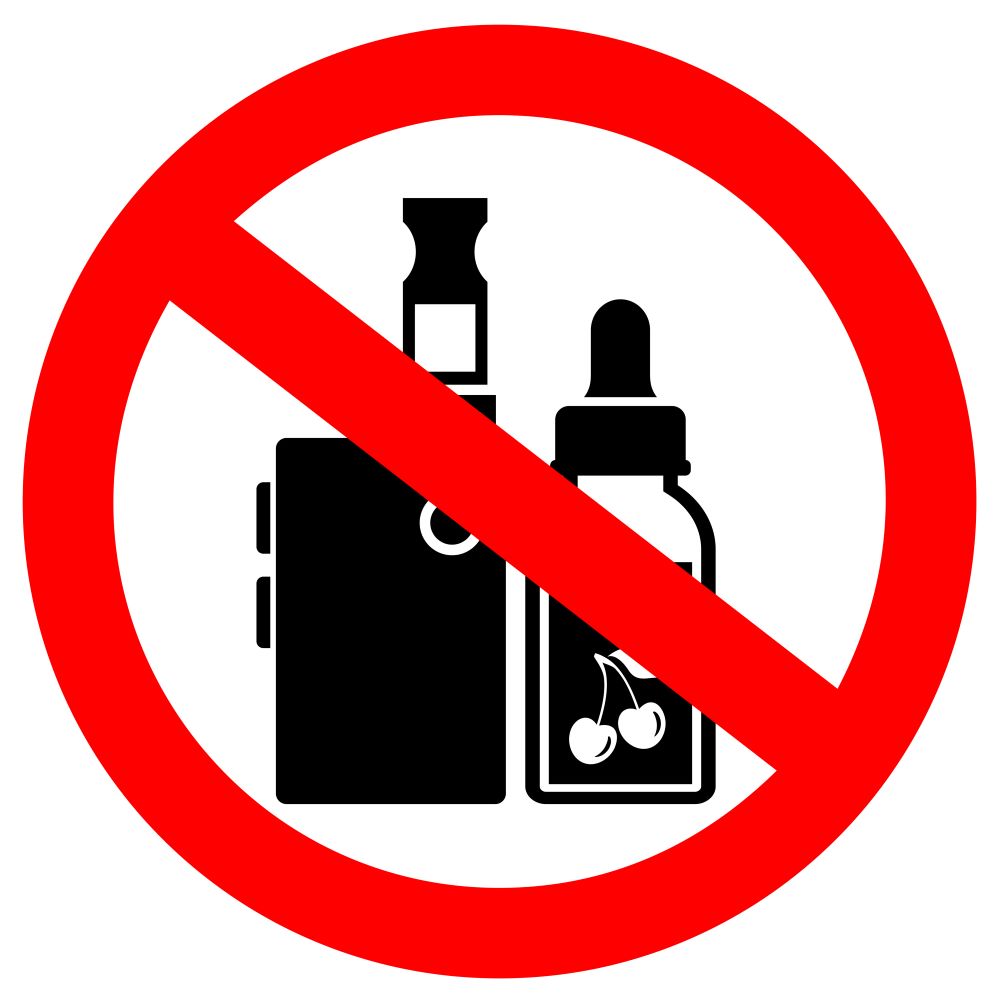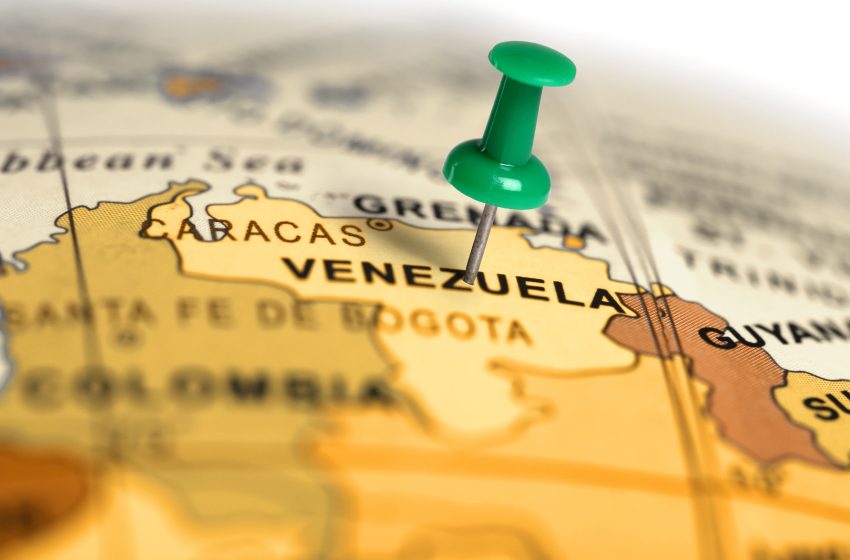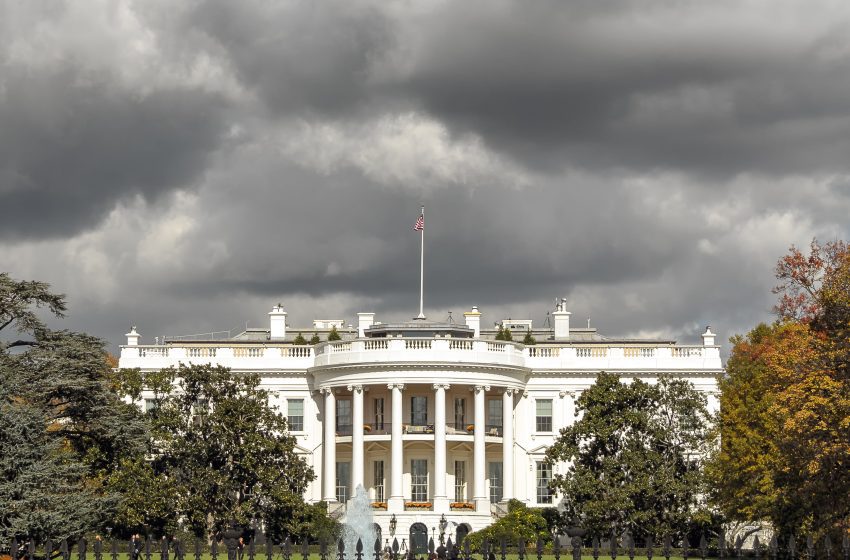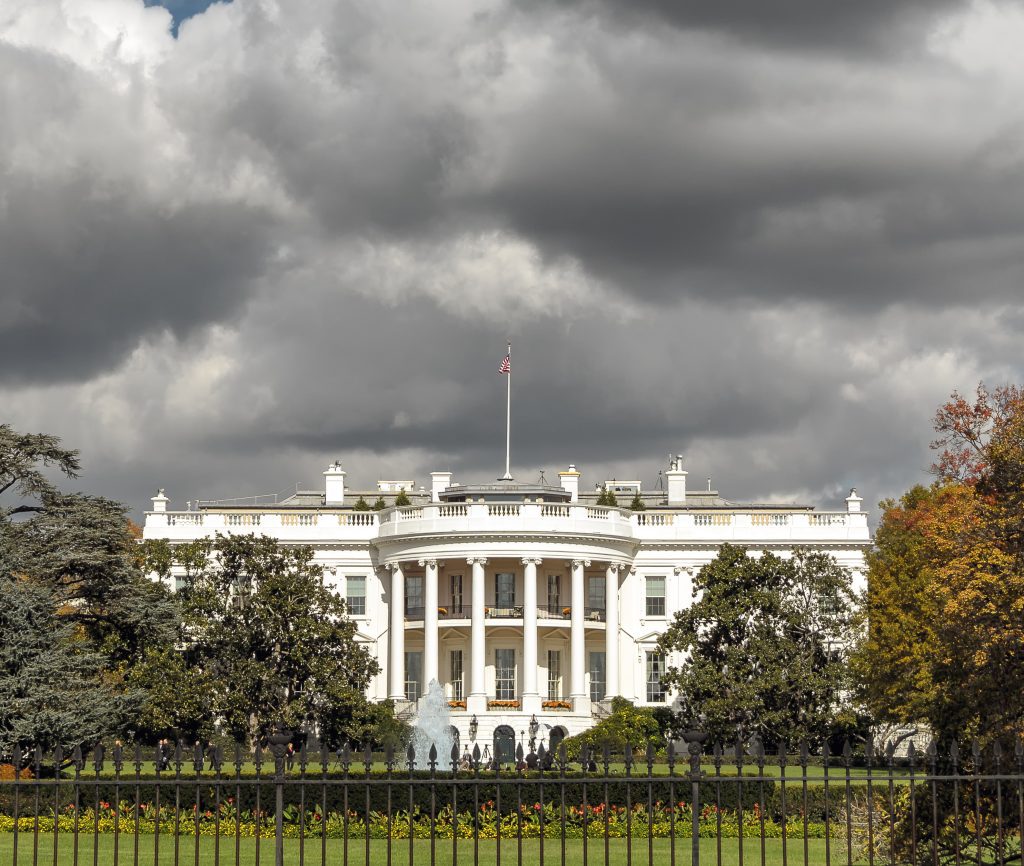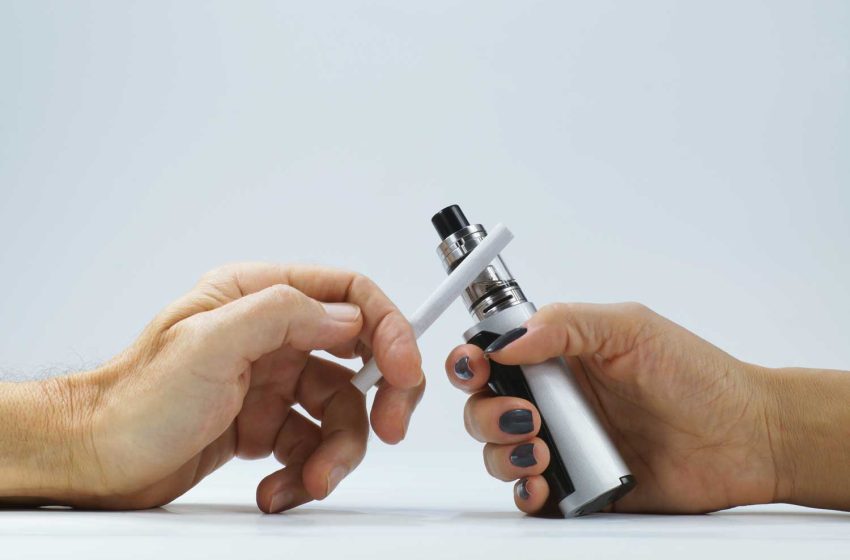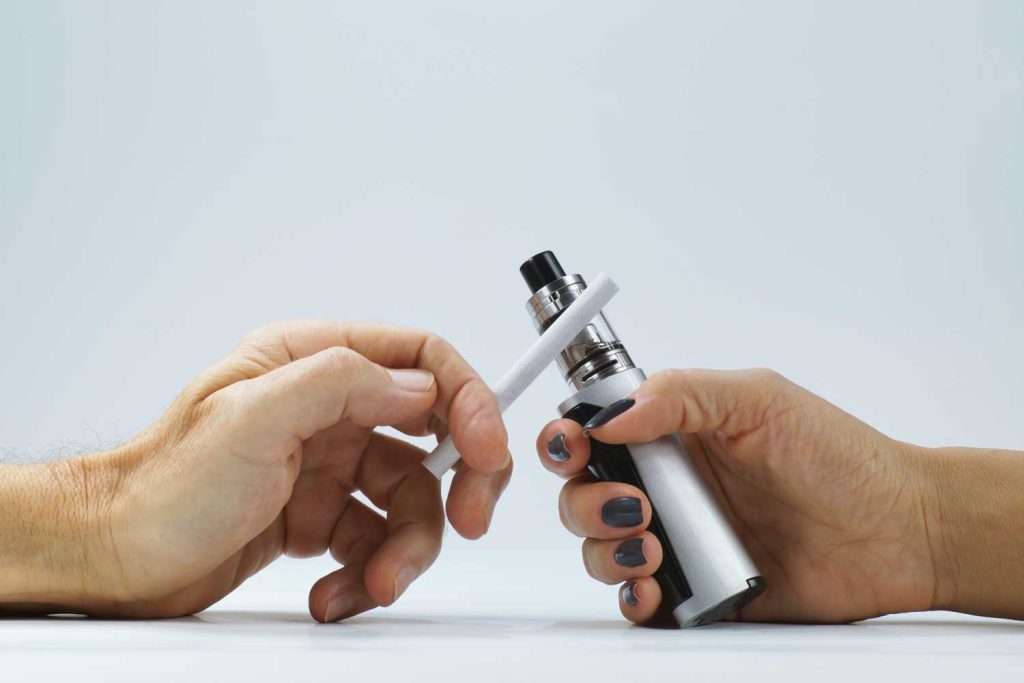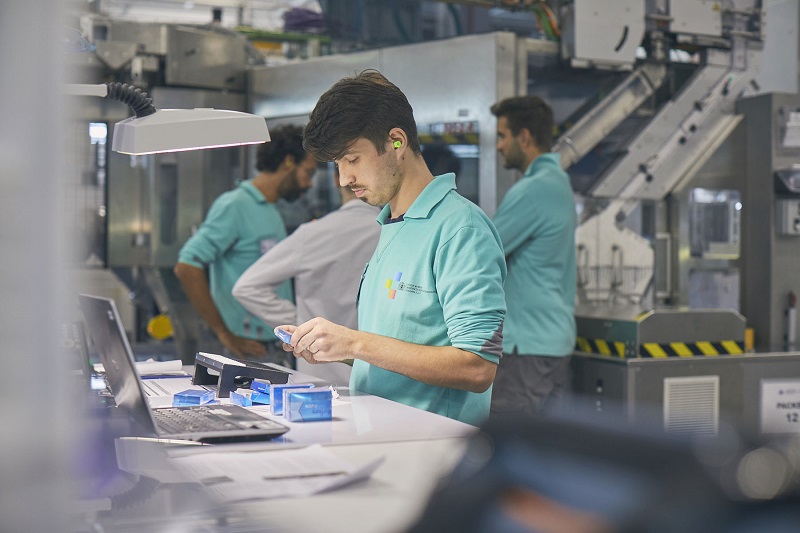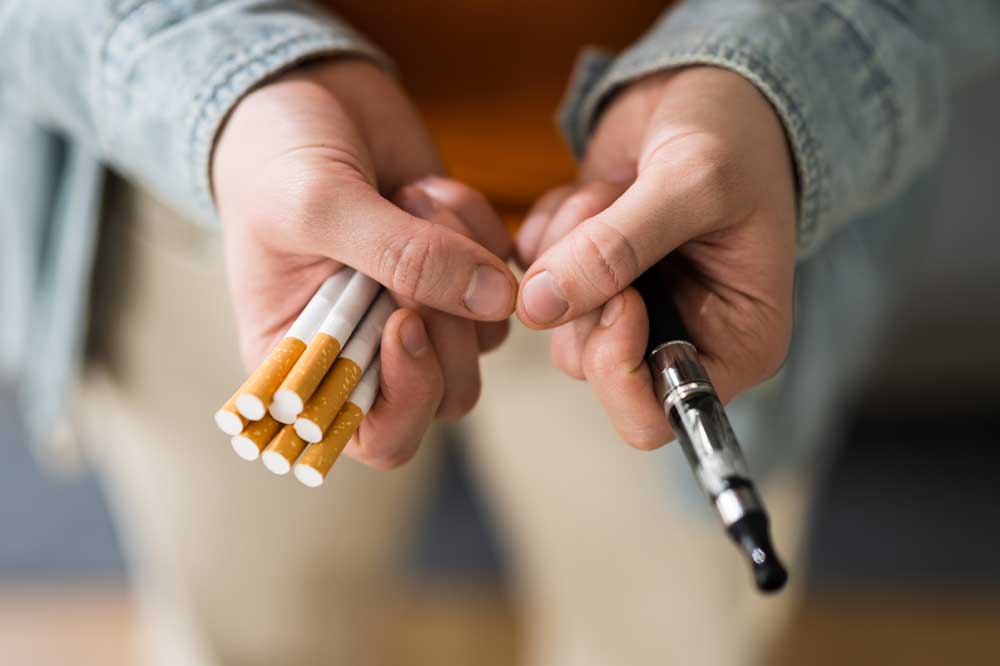
A large portion of smokers have misperceptions about vaping, thinking it is just as harmful or more harmful than smoking, according to the most recent Action on Smoking and Health (ASH) survey data.
The data shows that “among the 1.8 million smokers who are yet to try vaping, 43 percent believe e-cigarettes are as harmful or more than smoking, up from 27 percent in 2019.” It also shows that “among the 2.9 million smokers who have tried vaping but stopped, 44 percent believe vaping is as harmful or more than smoking, up from 25 percent in 2019.”
Due to the large proportion of misperception, ASH feels that its swap to stop program is “threatened by growing concerns among smokers that vaping is as or more risky than smoking.”
“The government has backed a vaping strategy as its path to reduce rates of smoking, but this approach will be undermined if smokers don’t try vapes due to safety fears or stop vaping too soon and revert to smoking. The government must act quickly to improve public understanding that vaping poses a fraction of the risk of smoking,” said Hazel Cheeseman, deputy chief executive of ASH.
Groups such as the Independent European Vape Alliance (IEVA) and the U.K. Vaping Industry Association (UKVIA) support ASH’s stance on government action.
“It is abundantly clear that the lack of knowledge amongst smokers about the relative risks about smoking and vaping is a public health issue that the government can no longer ignore,” said John Dunne, UKVIA director general. “The ASH report highlights that misleading and inaccurate stories and headlines about vaping in the mainstream media plays a huge part in this knowledge gap, which is preventing smokers’ switch to a much less harmful alternative to cigarettes.
“The public needs to know that the scare stories regularly reported in the mainstream media are simply not true, and we urgently need an antidote to this highly damaging misinformation.
“The industry is not permitted to make health claims about the relative harms of smoking and vaping, but keeping the public in the dark about this means hundreds of smokers continue to needlessly die in the U.K. every day because they don’t have the information they need to switch.
“We must be allowed to set the record straight, and the government should launch a nationwide public information campaign so that the relative risks of smoking and vaping are accurately communicated.”
Ann McNeill, professor at King’s College London and author of a government-commissioned review on the harms from vaping, according to Talking Retail, commented: “Anxiety over youth vaping is obscuring the fact that switching from smoking to vaping will be much better for an individual’s health. It is wrong to say we have no idea what the future risks from vaping will be.
“On the contrary, levels of exposure to cancer-causing and other toxicants are drastically lower in people who vape compared with those who smoke, which indicates that any risks to health are likely to be a fraction of those posed by smoking.
“We must not be complacent about youth vaping, and further regulation is needed, but so, too, is work to ensure many more adults stop smoking, and vaping is an effective means of doing that.”

